Drug and Alcohol Rehab in Sri Lanka
Quick Links for drug and alcohol rehab in Sri Lanka
- Why might an individual attend drug and alcohol rehab in Sri Lanka?
- Benefits of attending alcohol rehabilitation abroad in Sri Lanka
- Drawbacks to attending alcohol rehabilitation abroad in Sri Lanka
- How to prepare for entering drug and alcohol rehabilitation in Sri Lanka
- What is different before entering drug and alcohol rehab in Sri Lanka?
- The three stages of drug and alcohol rehabilitation in Sri Lanka
- Dual diagnosis within drug and addiction rehab in Sri Lanka
- Ten drug and alcohol rehab centres in and around Sri Lanka
- Speak to Rehab Recovery today for drug & alcohol rehab in Sri Lanka
When an individual is struggling with an addiction – a compulsive pattern of substance abuse or behavioural repetition that continues despite negative consequences – it is vital that they seek support as soon as possible.
Addictions can be classified into substance addictions i.e., an addiction to alcohol or heroin, for example, as well as behavioural addictions i.e., shopping, sex, gambling addictions, etc.
These individuals should seek help as soon as possible – addiction is a disorder that can exponentially worsen if left untreated or unacknowledged.
During rehabilitation, individuals will receive support in overcoming the effects of their addiction, as well as learning self-management techniques and long-term recovery programmes.
Addiction can never be completely cured, so rehabilitation aims to support individuals in the long-term, helping them to withdraw from the substance (or behaviour) as well as maintain sobriety long into the future.
Why might an individual attend drug and alcohol rehab in Sri Lanka?

In some cases, it may be suitable for an individual to attend rehabilitation in a country that they do not normally reside in.
There are many different reasons for this. All cases of addiction are completely unique, meaning that every individual will have different requirements for their care – including the location of that care.
In the majority of cases, drug and alcohol rehab abroad is suitable for individuals who need high levels of privacy and discretion while undergoing rehabilitative practises.
This may be in the case of a high-profile professional or celebrity, for example, but can also be suitable for individuals who may require complete removal from their country of residence for security or anonymity purposes.
Many studies highlight the need for privacy and private health records, [1] for example, within care for individuals with substance use disorders.
Benefits of attending alcohol rehabilitation abroad in Sri Lanka
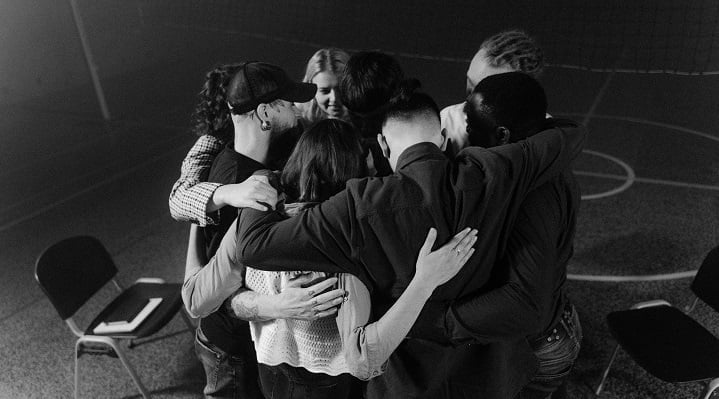
For some individuals, attending drug and alcohol rehab in Sri Lanka may be incredibly beneficial.
As well as the reasons listed above, further benefits are listed below:
- Separation from home life – often with addiction, individuals can fall into negative patterns of behaviour which can quickly snowball the effects of their addiction. Therefore, being in a new environment may diminish the urge to continue these adverse behaviours.
- New environment, new outlook – attending drug and alcohol rehab abroad can often give individuals a new outlook on life, perhaps increasing their adherence to their various treatment programmes, as well as boosting their overall motivation and attitude toward recovery.
- New experiences – some individuals may have never visited the country of their drug and alcohol rehab centre, meaning that rehabilitation will be their first experience within a new country. This can, again, boost morale and a positive attitude toward recovery, as the experience of being somewhere new can often be uplifting.
Drawbacks to attending alcohol rehabilitation abroad in Sri Lanka

However, there are also some reasons why attending drug and alcohol rehabilitation in a country such as Sri Lanka (and abroad in general) can be less beneficial for some individuals.
Some of these key drawbacks are listed below:
- Feelings of homesickness – in most cases, it will not be possible for individuals within drug and alcohol rehab to leave their treatment programme in the middle in case it disrupts their progress. This can mean that an individual may be away from home for long periods of time, which can be a negative experience for some.
- Visits from friends and family – on the same line, it may not be possible for friends and family to come and visit the individual while they are in rehabilitation. These rules vary from rehab centre to rehab centre, and not all rehab centres will have restrictions on visitation – indeed, some will employ family therapy as a key step in their rehab programme. However, location can often make travel difficult for friends and family, especially if the country of rehabilitation is far away from their home country.
How to prepare for entering drug and alcohol rehabilitation in Sri Lanka

Before an individual is recommended any form of drug and alcohol rehab, in Sri Lanka or elsewhere, it is vital that these individuals are prepared and ready to answer a series of questions as a part of their initial rehab assessment.
This initial assessment is designed to ascertain essential details about an individual, the substance they are addicted to, the history of their addiction and any past or existing factors that may currently be influencing their addiction.
Some examples of these questions follow below:
- What substance(s) is the individual addicted to?
- How long has the individual struggled with an addiction to this substance(s)?
- Has the individual tried to undergo rehabilitation/withdrawal before?
- Does the individual have an existing/previous history of physical health issues?
- Does the individual have an existing/previous history of mental health issues?
- What is the individual’s current living situation, including environmental and social factors?
Not all individuals may be asked all of these questions, but in all cases, it is important that the individual is bluntly honest and open about their addiction and how best to help them.
Without this, an individual may be recommended a form of rehabilitation method that is not beneficial for them, delaying the process and therefore elongating the individual’s struggles and effects of addiction.
What is different before entering drug and alcohol rehab in Sri Lanka?
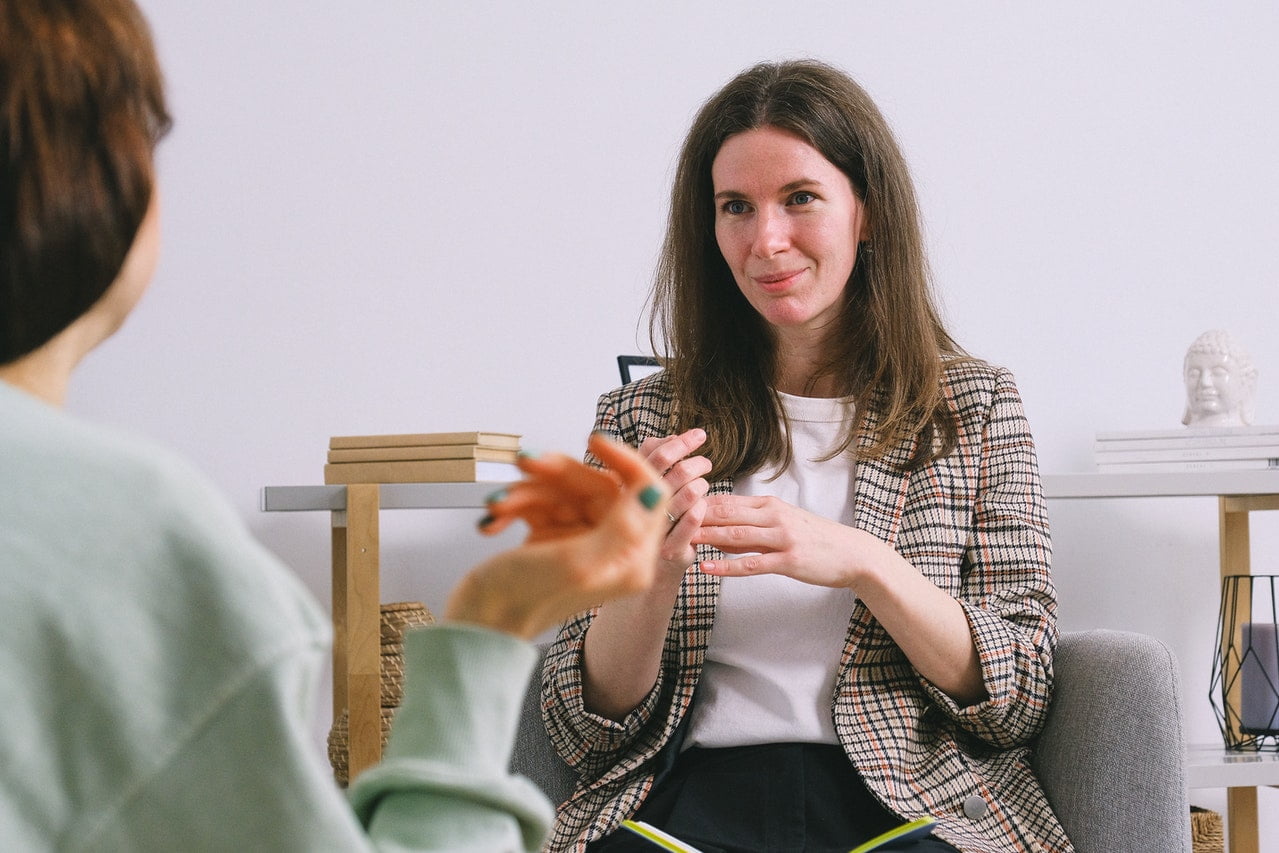
When attending drug and alcohol rehabilitation in Sri Lanka, and when Sri Lanka is not the individual’s country of primary residence, then there are several more factors that an individual will have to consider.
Some of these factors are outlined below:
- International travel plans – the individual will have to organise how they will travel to Sri Lanka in general.
- Local travel plans – once an individual arrives in Sri Lanka, how will they specifically travel to the location of their rehabilitation centre?
- Visas/legal documents – in all cases of travel, it is vital that individuals are legally able to be in the country of Sri Lanka, including visas and up-to-date travel documents (passports, insurance, etc.)
The three stages of drug and alcohol rehabilitation in Sri Lanka
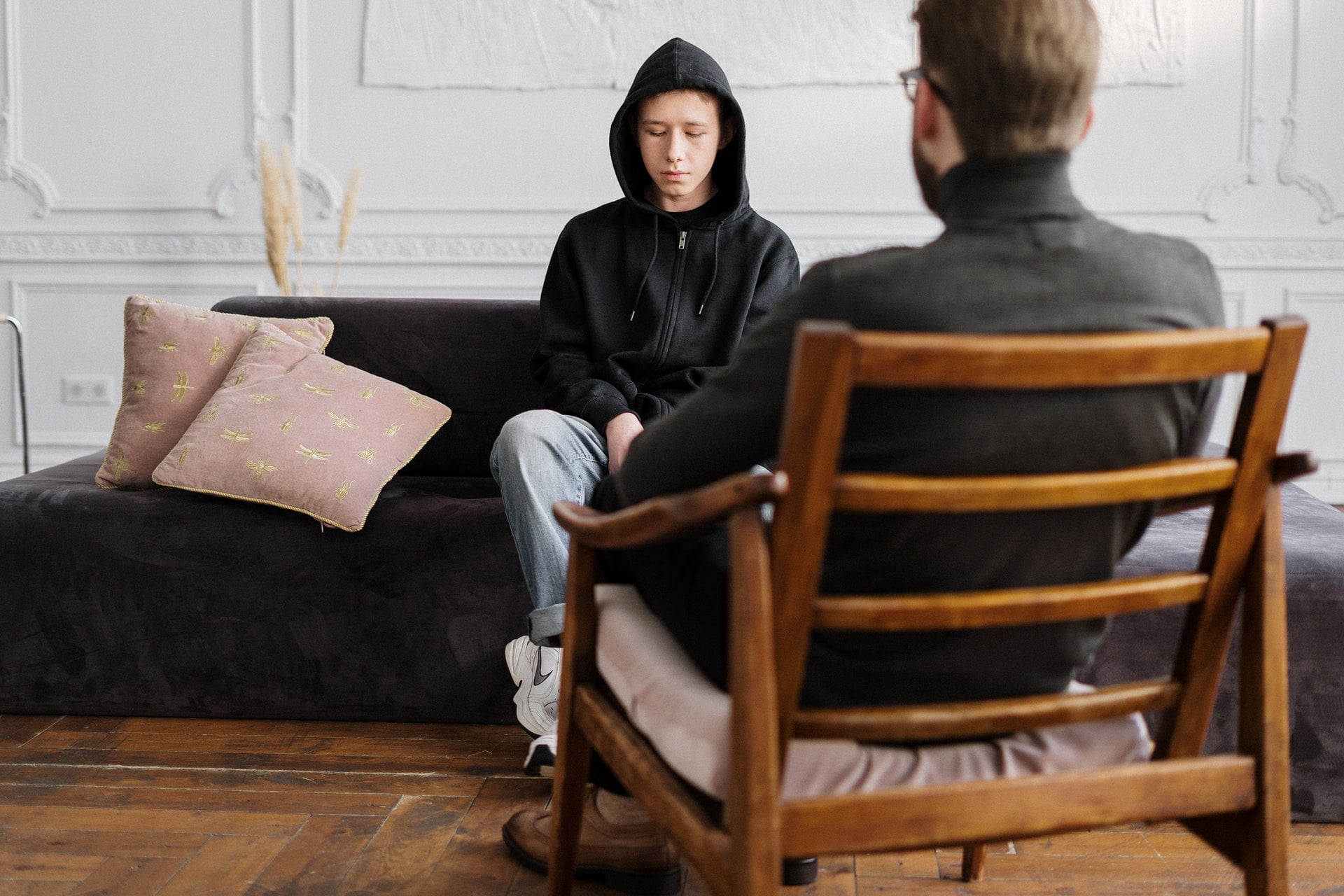
In Sri Lanka, and through any drug and alcohol rehab recommended through Rehab Recovery, an effective rehab programme is one that follows the three stages: detoxification, rehabilitation/therapy, and aftercare.
By progressing through each of these stages in turn, an individual is far more likely to make efficient and effective progress through their rehabilitation programme, meaning that they are more likely to maintain their sobriety in the long-term and have a far better experience within rehabilitation in general.
Some studies have shown that although these stages may be loosely followed i.e., not as clear-cut stages in some cases, they can still be effective when applied in the right circumstances and in a tailored and flexible manner. [2]
The following three subheadings outline these three stages in further detail, also suggesting how these may be employed within drug and alcohol rehab in Sri Lanka and in general.
1. Detoxification sessions
During a detoxification session, an individual will withdraw from the substance(s) that they are addicted to, meaning that all the harmful substances and chemicals that have built up in their body will slowly decrease, physically preparing the individual for the next stage of recovery.
Depending on the substance that the individual is addicted to, the withdrawal process can take a varying length of time.
For example, some detoxes can be completed within 7 days, whilst non-physically addictive substances like cannabis and cocaine do not require a detox.
However, some substances such as alcohol can affect the individual for up to a year or more, meaning that long-term care may need to be considered.
In Sri Lanka, some drug and alcohol rehab centres have dedicated hospitals, medical centres, and detox clinics in which the individual may be able to withdraw from the substance that they are addicted to within the centre itself.
This can be beneficial as the individual will not have to travel for appropriate care. In addition, this often suggests the presence of medical intervention drugs that may be used in more complex withdrawals – something that an individual should discuss before beginning any form of treatment.
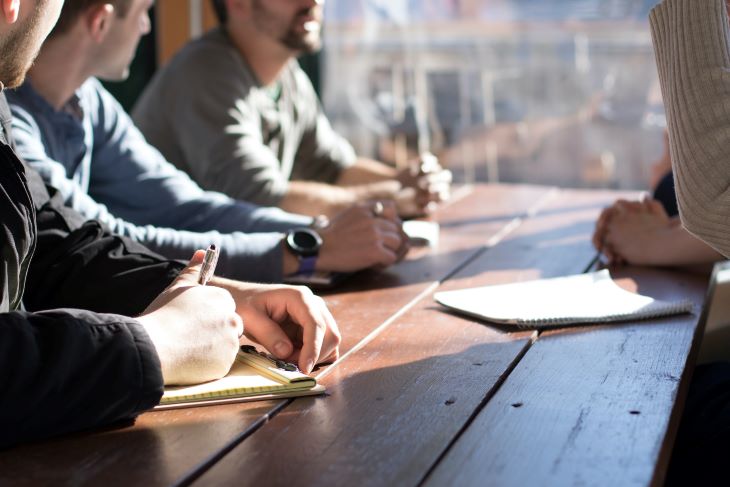
2. Rehabilitation/therapy
After an individual has physically prepared for the remainder of their recovery journey in rehabilitation through detoxification, they will progress to a variety of different treatment programmes and therapies that are specific to their needs.
A common therapy that is often applied within the field of addiction is Cognitive Behavioural Therapy (CBT), for example, as this is easily tailorable to an individual’s needs and occurs within a one-to-one setting – something which is hugely beneficial due to the level of care and commitment that an individual receives in this time.
CBT works to help the individual identify negative thought patterns that may be leading to addictive behaviours and work to change them, therefore helping the individual to overcome these effects and create positive thought patterns instead.
One study found that CBT was especially beneficial in the maintenance of the individual’s motivation and commitment to their recovery programme, [3] for example, showing its use when combined with other therapy techniques as part of a full programme.
Many therapies within drug and alcohol rehab in Sri Lanka are often based on mindfulness and spirituality – something which has also been shown to be incredibly beneficial for addiction recovery, such as in the famous 12-step programme.
3. Aftercare programmes
Aftercare programmes are always recommended as these are the programmes that support the individual after leaving drug and alcohol rehab.
Most residential drug and alcohol rehab centres (such as most of the options available in Sri Lanka) will offer a complimentary aftercare support system that can last up to a year or more, but this should always be ascertained before committing to any treatment programmes.
During an aftercare programme, an individual may be matched with an addiction support officer or aftercare support officer who will meet with the individual in regular meetings to discuss their progress, any issues that may have arisen, and speak about any future changes to their recovery plans.
In some cases, an individual may prefer a more independent aftercare programme, and this can include many self-learning techniques that build upon those learnt within rehab and help the individual to make continuous progress in their long-term recovery journey.
Dual diagnosis within drug and addiction rehab in Sri Lanka

In many cases of addiction, it is possible that an individual may experience a co-occurring mental health issue.
This can be a mental health issue that may have existed before the individual developed an addiction and has therefore worsened as a result, but it can also be a mental health issue that has arisen as a result of their addiction.
In any case, it is essential that the individual’s chosen provider of drug and alcohol rehab follows a dual diagnosis approach i.e., a rehabilitation programme that acknowledges and treats all mental health issues that may be presented or are affecting the individual.
Common co-occurring mental health issues include anxiety, depression, schizophrenia and bipolar disorder, though there are countless others that have been reported across addiction research.
Many studies have reported on the difficulties faced and effects of rehabilitation not taking into account dual diagnoses, [4] often negatively impacting the individuals affected and increasing the time that they may have to spend in rehabilitation.
Why it is important to seek help as soon as possible for addiction

Addiction is a disorder that can exponentially worsen if the individual does not successfully identify their addiction, or it is not identified within them.
This can cause lifelong harm and even life-threatening effects if the individual continues without treatment for an unsuitable amount of time – often a short period depending on the substance that the individual is addicted to and the effects that they are experiencing as a result of this.
Speak to Rehab Recovery today to find out how we can help you.
We operate in a confidential and judgement-free environment, meaning that all of the individual’s information will be kept entirely private and no steps will be taken without the individual’s consent.
Ten drug and alcohol rehab centres in and around Sri Lanka

The remainder of this webpage highlights ten drug and alcohol rehabilitation centres in and around Sri Lanka, highlighting some of the key features and services that are offered in each.
These are not the only options that are available, but may provide some insight into the different types of care and rehab centres that an individual may be suitable for.
1. Bethesda Rehabilitation Centre, Negombo
A non-profit organisation based in Negombo, Bethesda Rehabilitation Centre has many glowing reviews, highlighting the centre’s commitment to relapse prevention and treatment, local care, and family support.
Ex-patients have reported support with heroin addictions, as well as a variety of other forms of support to maintain activities that the individual’s may have partaken in outside of rehabilitation.
This makes Bethesda Rehabilitation Centre a good option for individuals who may want to continue hobbies or activities of interest to them, as well as individuals who may be seeking additional support in returning to a ‘normal’ and everyday life.
2. Mercy House Drugs Treatment & Rehab, Kandana
Founded in 1998, Mercy House Drugs Treatment and Rehabilitation Project was started by one man who aids young men in overcoming their addiction to substances.
This project includes psychological, medical, emotional, and spiritual support to individuals who undergo this process, as well as providing additional family support to those who need it.
The Mercy House Drugs Treatment and Rehab Project has a set programme of six months within a residential setting which may not be suitable for all, but those who feel as if they may benefit from a long period of time away from triggering situations and stimuli may greatly benefit from this.
3. Sense Rehabilitation and Sports Hospital, Kandana
Sense Rehabilitation and Sports Hospital prides itself on its unique approach to rehabilitation, moving away from ‘traditional medicines’ to overcome the effects of addiction and focussing on promoting positive physical and mental health exercises to overcome these issues.
This may not be suitable for individuals who have severe effects of addiction to struggle with, but may be suitable for active individuals, or those who benefit from a more physical and sport-centred approach to recovery.
Though medication is used in some cases, this is generally avoided by this rehabilitation provider in favour of physical exercise and sports science.
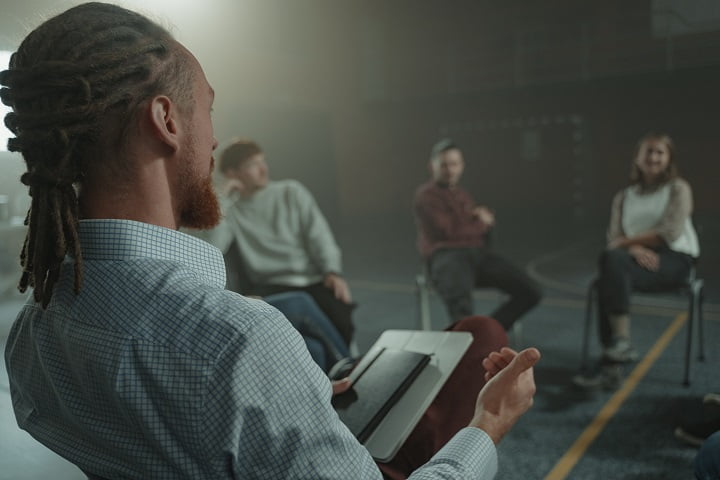
4. Family Rehabilitation Centre, Colombo
The Family Rehabilitation Centre in Colombo is not specifically directed toward individuals who may be struggling with substance addiction, but is instead focused on providing holistic care to individuals who may have been affected by armed conflict within Sri Lanka.
This is not suitable in all cases, but can have huge benefits to those who may struggle with trauma and other related effects of addiction.
There is also a high regard for family support within this centre.
With over 25 years of experience this is a great option, but only in specific circumstances so please ensure to discuss this further with a healthcare professional before making any final commitments.
5. National Dangerous Drugs Control Board Rehabilitation (NDDCB), Unawatuna
Not specifically a rehabilitation centre itself, this is the place in which rehabilitation practises are managed and directed toward specific individuals.
Overseeing four centres of its own, the NDDCB aims to ‘eradicate the drug menace from Sri Lanka’, meaning that this organisation has a high focus on rehabilitation and recovery, providing counselling and referrals to residential rehab facilities across the country.
The NDDCB’s main responsibility lies in the monitoring of and assistance to the drug treatment process, as well as the rehabilitation of these individuals in the designated rehab treatment centres around Sri Lanka.
6. Navajeevana Rehabilitation, Tangalle
Navajeevana Rehabilitation is committed to helping individuals seek rehabilitation that is safe, comfortable, and staffed with experts in the field.
Though not specifically a rehabilitation centre for drug addiction, their rehabilitative services are specifically designed to support individuals with disabilities, helping them to overcome a range of different challenges and difficulties that these individuals may face on an everyday basis within Sri Lanka.
On-site therapy services are available, as well as community clinics around the area.
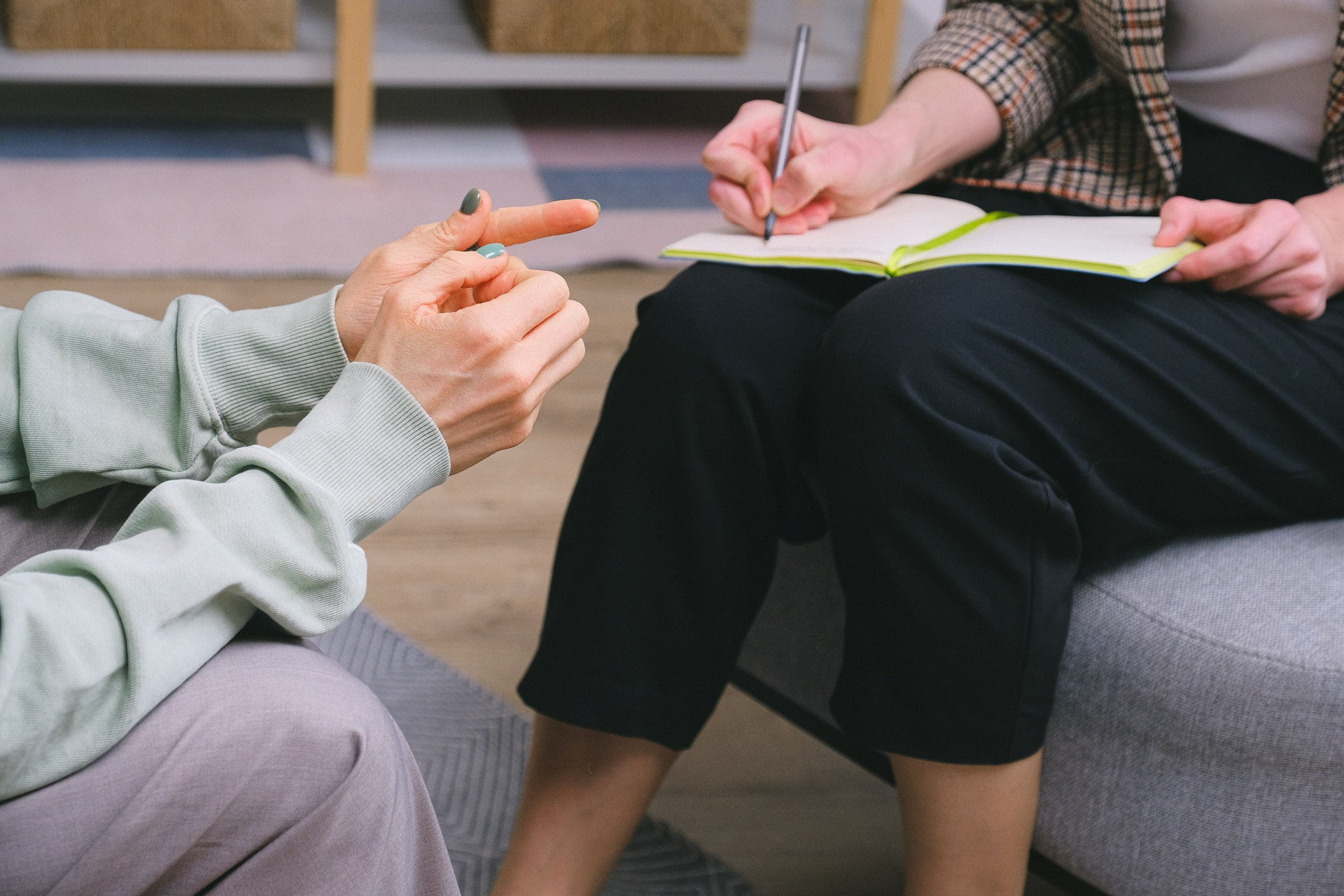
7. Senehasa Rehabilitation Centre, Piliyandala
Categorised as a health centre for individuals with serious mental health issues, the Senehasa Rehabilitation Centre is equipped to help individuals with drug addictions overcome the mental health impacts of thier addiction.
With its rural, serene and private environment, this may be the perfect opportunity for individuals to escape the addictive behaviours that they associate with their everyday life, allowing for a fuller commitment to recovery and their rehabilitation journey in general.
8. Kandakadu Treatment and Rehabilitation Centre, East Kandakadu
Formerly known as Kandakadu Drug Rehabilitation Centre, this rehabilitation centre is run under the Sri Lankan Ministry of Justice and is currently being run as a drug addiction rehabilitation centre.
This means that the centre is highly equipped to deal with a countless number of issues that may arise as a result of addiction, as well as being heavily monitored and directed by a reliable and progressive government bureau.
9. InnerPeace Rehabilitation & Treatment Centre, Moratuwa
Offering addiction support and recovery services in an urban setting, the InnerPeace Rehab & Treatment Centre may be the perfect option for individuals who would prefer to remain in a more populated and facilitated area, rather than choosing something more rural.
With private rehab accommodation available, as well as a high focus and encouragement for group talking therapy, this is a community-driven and communal rehab centre that emphasises the importance of connection and sharing experiences in order to learn and build on an individual’s experience of rehab care.
10. Back to Life Drugs Treatment and Counselling Centre, Horana
With over 30 years’ experience, Back to Life Treatment and Counselling Centre offers a residential addiction treatment programme, meaning that the individual will reside within the centre while undergoing care.
As one of the NDDCB’s certified centres, this centre offers support for a range of different substance addictions, as well as offering 24/7 care – something that is often essential for addiction care and support.
Speak to Rehab Recovery today for drug & alcohol rehab in Sri Lanka

To learn more about drug and alcohol rehab in Sri Lanka, in any other country, or rehabilitation and addiction in general, please do not hesitate to contact Rehab Recovery today.
We are committed to helping any individual who may be struggling with addiction, no matter how serious or trivial they may believe their experiences to be.
With a team of friendly and professional members of staff standing by on our addiction support hotline, call 0800 088 66 86 today to find out how we can help you or someone you know to make the next step in their journey to recovery.
References for Drug and Alcohol Rehab in Sri Lanka
[1] https://pmc.ncbi.nlm.nih.gov/articles/PMC3846317/


